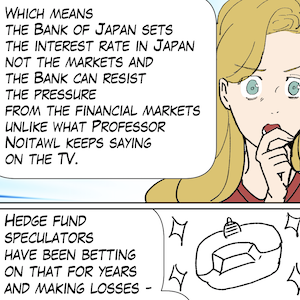British government designs fiscal policy within a flawed framework – result = poor policy
This week, the UK Chancellor releases the latest fiscal statement (aka ‘the budget’) and will also have a eye to the general election which must be held before January 28, 2025. One would expect the government would stall the announcement and delay the election for as long as is possible, given the current situation and the cumulative impacts of 12 years of Tory rule, which are plain to see at all levels of British society. All the talk is of tax cuts, that typical ‘sugar hit’ approach to winning votes that soon works it way out of the system. The debate as to what the British government should now be doing is clouded, as these debates are always clouded, by the input of organisations such as the Office of Budget Responsibility, which claims its charter is to “to examine and report on the sustainability of the public finances”, yet consistently provides input which is irrelevant to the substance of the issue and just feeds the flawed political scrum. In the end, the policy choices are not based on the actual opportunities and threats that are available to and confront the currency-issuing government but rather a fictional mindset that all the players are trapped within.
